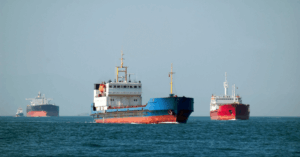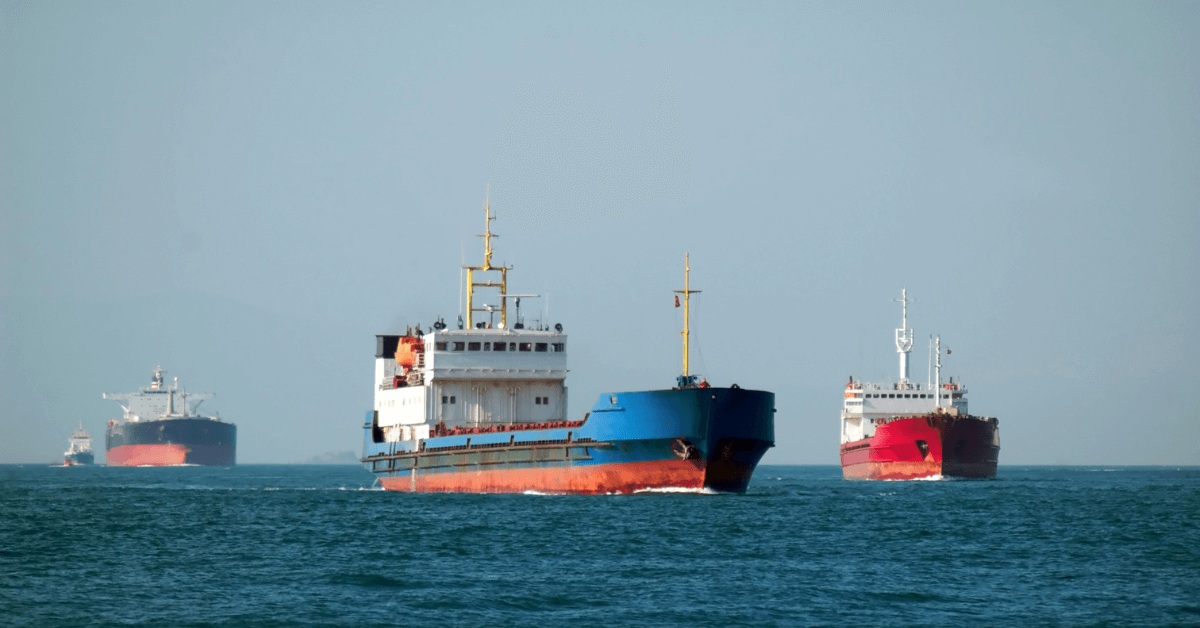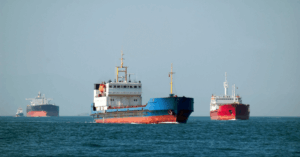
Nigeria Arrests 76 Vessels, Seizes 171,000 Barrels Of Crude Oil To Combat Oil Theft
June 20, 2025
Port Of Aberdeen Launches Scotland’s Largest Maritime Decarbonisation Project
June 20, 2025

In its first direct action against covert oil tankers, Australia has announced sanctions on 60 vessels linked to Russia’s shadow fleet. According to the government, these vessels are part of a covert fleet used by Russia to evade international sanctions.
These ships help transport Russian oil and other restricted goods despite global restrictions by switching flags, disabling their tracking systems, and operating with little or no insurance.
The newly imposed sanctions allow Australia to deny port access to these ships, order them to leave its waters, and block them from entering the country altogether. Officials said the decision shows the country is serious about holding Russia and its supporters accountable for the war.
Foreign Minister Penny Wong’s office said the government will keep working with allies like the UK, Canada, and the EU to weaken Russia’s war economy by cutting off its oil export revenue.
As of now, Australia has enforced over 1,400 sanctions in response to Russia’s full-scale invasion of Ukraine, which began in February 2022. The government has called the invasion illegal and immoral, and says this move supports Ukraine’s sovereignty and territorial integrity.
The Australian Federation of Ukrainian Organisations (AFUO) welcomed the announcement and thanked Minister Wong and her team for taking the lead. The group also urged the government to go a step further by banning imports of all petroleum products that are refined from Russian crude oil.
Meanwhile, Australia’s allies are increasing pressure on Russia’s shadow fleet. At the recent G7 Summit in Canada, the UK announced sanctions on 20 more Russian-linked tankers. In May, the EU added 200 ships to its sanctions list, bringing the total to about 340. The EU is expected to announce its 18th round of sanctions next week, with more ships and oil trading firms likely to be blacklisted.
Russia’s shadow fleet includes hundreds of older oil tankers that have been bought and operated under secretive conditions to evade restrictions. While the exact number remains unclear, S&P Global estimates that 591 shadow vessels are involved in transporting Russian oil.
These ships often operate under different national flags and use tactics to hide the origin of their cargo. Analysts from the KSE Institute report that about 44% of these vessels are owned and managed by companies based in the United Arab Emirates.
In September 2024, around 92% of Russia’s seaborne crude oil was shipped without the use of European Union services. This allowed Moscow to earn nearly $8 billion in extra revenue from January to September 2024 by bypassing the price cap set by Western countries.
Several ships suspected of being part of this fleet have been connected to undersea cable damage in the Baltic Sea. These incidents have prompted joint action by 11 NATO member countries to address threats of sabotage in critical sea routes.
Earlier this month, the European Commission proposed adding more ships from the shadow fleet to its sanctions list. The proposal also includes penalties for oil trading companies involved in transporting sanctioned Russian oil.
Reference: foreignminister
Source: Maritime Shipping News


